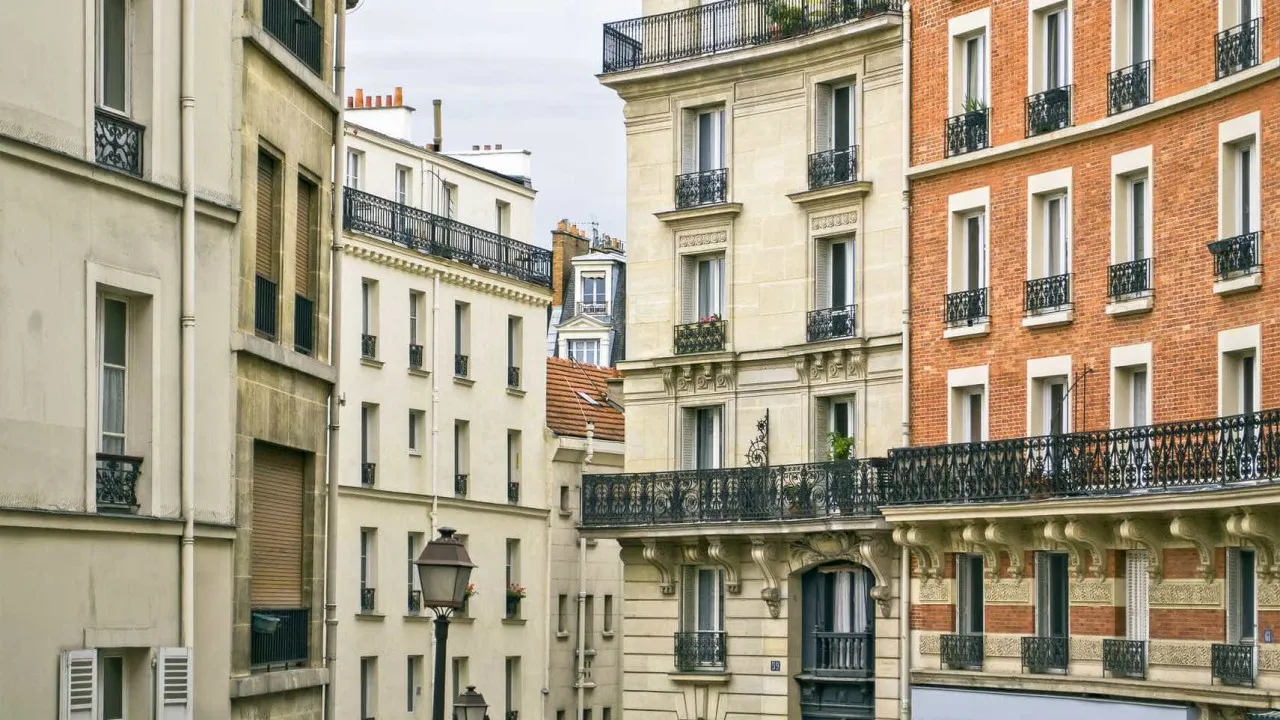In recent years, Portugal has benefited from being one of Europe’s top tourist destinations and from offering foreign citizens one of the most attractive “golden visa” programs in the world.
These two aspects were fundamental in helping the country recover after the economic crisis of 2008 and made the country a model for growth.
But several analysts say that the boom in tourism and Portugal’s so-called “golden visa” boom were important factors in leading to the severe real estate crisis the country is currently facing.
Housing prices have risen dramatically, reaching levels unaffordable for the Portuguese themselves.
Therefore, on February 16, Portugal’s Council of Ministers announced the “More Housing” program, which includes a series of measures to fight “price speculation in the real estate sector.
Among the changes, licenses for apartments for tourist use will be limited, and visas that offered Portuguese residency to people from outside the European Union in exchange for buying real estate, large investments, or generating jobs – the “golden visa” – will no longer be issued.
The Portuguese Prime Minister, António Costa, had already stated a few months ago that this program “has already fulfilled its function.
A solution and a problem
The “golden visa” programs, adopted in many countries to attract foreign investment and offered almost everywhere in Europe, often favor people with a lot of capital, who then have access to the benefits of a country without the obligation to adopt it as their place of residence.
In Portugal, the measure came into effect in 2012. Since then, the country has received more than US$7 billion (about R$36.2 billion) and 90% of this amount has gone to the real estate sector, according to Portugal’s Foreigners and Borders Service.
A study by British consultancy Henley & Partners compared the gold visa programs of more than 40 countries in 2022. Portugal came in first place – it offered the most benefits for foreign investors.
Chinese citizens made the most use of the program. They accounted for almost half of the just over 11,500 residence permits that were approved.
But these economic benefits have not been free of controversy. The European Union has tried to restrict these programs because of the risk that they could be used for money laundering, tax evasion, terrorist financing, corruption, and infiltration by organized crime.
For the European Parliament’s Civil Liberties Committee, these systems are “questionable from an ethical, legal, and economic point of view.”
Even in Portugal, many people were against the creation of the program from the beginning. They considered that the visas offer more disadvantages than benefits for the country – especially due to the effects on the housing market.
The ‘More Housing’ Program
Costa believes that the “More Housing” program will be approved in March, since his government holds an absolute majority in the Portuguese Parliament.
Under the program, “golden visas” already granted can only be renewed if the people benefiting from buying a house live in the residence, if one of their descendants lives there, or if it is offered for long-term rental.
Other measures include a ban on new vacation rental licenses, except in places in the countryside where there is no urbanistic pressure.
The licenses already granted will be reviewed in 2030 and will then undergo periodic evaluations every five years.
The plan also intends to impose rent on unoccupied housing, through state intervention.
This was the point that generated the most controversy, due to the role to be played by the State in mediating the rents, setting the price and covering the amounts that are not paid.
The lawyer and politician Luís Marques Mendes was Portugal’s Deputy Minister (Vice Prime Minister) and Minister of Parliamentary Affairs. He spoke out against the measure in his weekly commentary broadcast on Portuguese TV SIC.
For him, “the landlords will lose, the tenants will lose, and the lawyers will win.
Marques Mendes believes that the measure will not be approved in order not to “contaminate” an entire plan that, according to him, has positive points.
Not the first
The cost of the “More Housing” program is estimated to be around US$962 million (about R$5 billion).
Portugal is not the first country to eliminate its gold visa program. In February 2022, the United Kingdom canceled its program in the face of the imminent threat of Russia invading Ukraine.
The British visa program had been set up in 2008 and was shut down as part of a new immigration plan and an offensive “against illicit funding and fraud.”
Ireland, meanwhile, took similar action on February 15, 2023. The country had suspended the program for Russian citizens in March of last year.
Irish Justice Minister Simon Harris explained that the visa program was established in 2012 to “stimulate investment” in the face of “unprecedented economic difficulties.”
Although the plan has generated more than US$ 1.3 billion (about R$ 6.7 billion) in investments, according to him, its elimination had been under consideration for some time.
The end of gold visas may also extend to other countries, such as Spain.
A bill eliminating the residency by purchase regime has already been submitted to the Spanish Congress.








